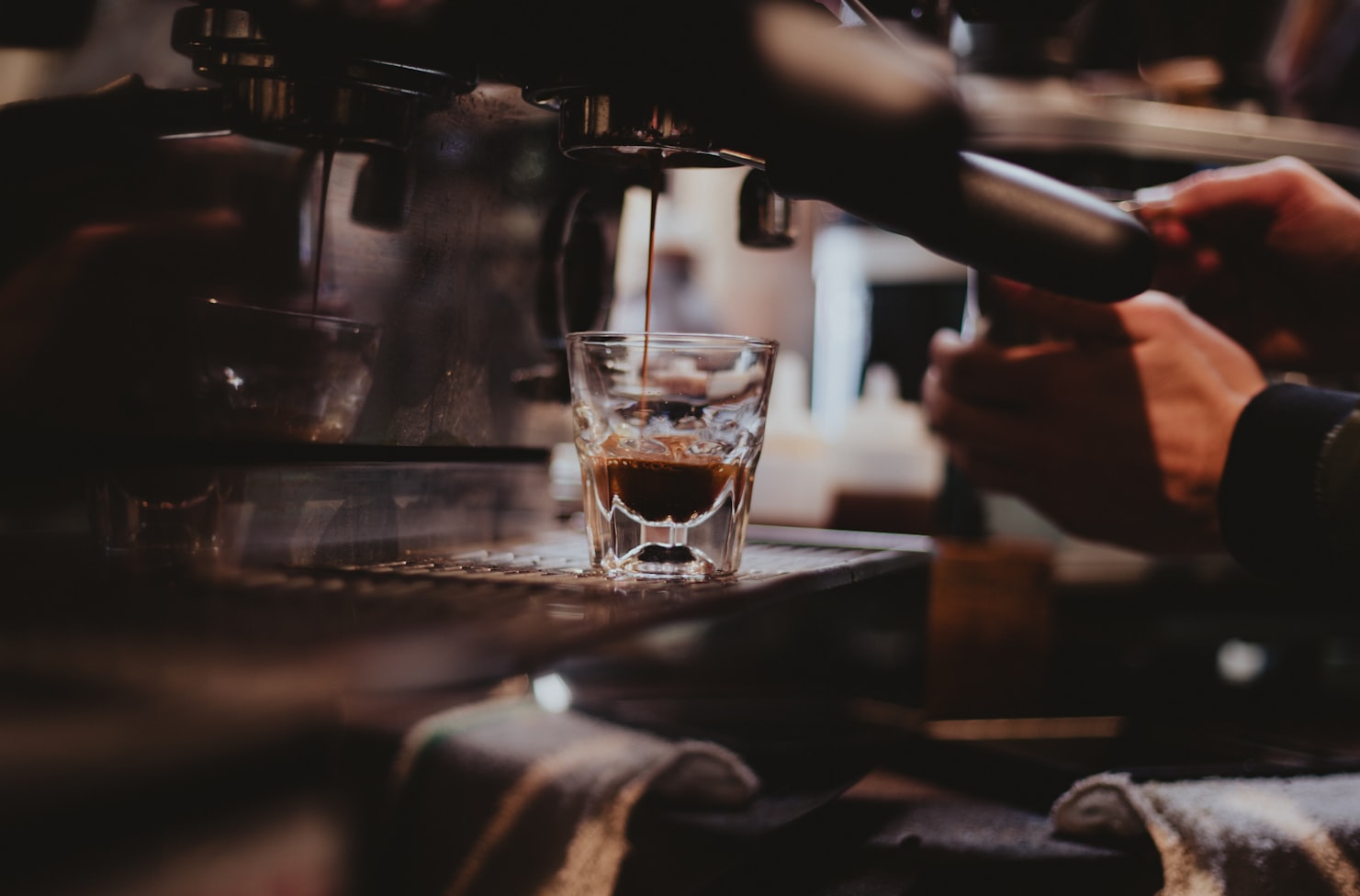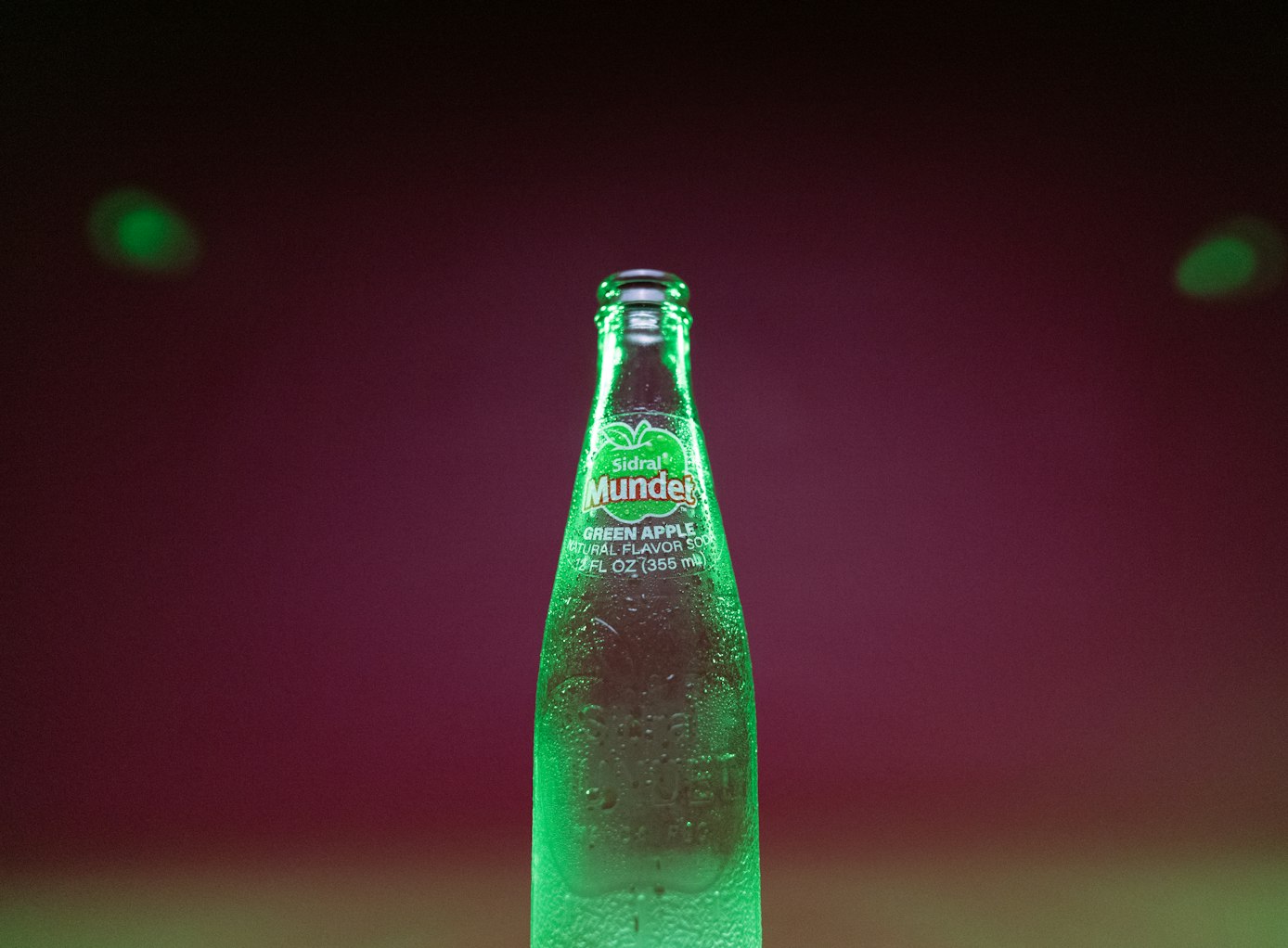Does Caffeine Affect Ketosis?
When it comes to following a ketogenic diet, many people wonder if their favorite caffeinated beverages will have an impact on their state of ketosis. Ketosis is a metabolic state in which the body primarily uses fat for fuel instead of carbohydrates. In this article, we will explore the effects of caffeine on ketosis and provide valuable insights into how it may or may not affect your ketogenic journey.
The Role of Caffeine in the Body
Caffeine is a natural stimulant found in various foods and beverages, such as coffee, tea, and chocolate. It acts as a central nervous system stimulant, blocking the effects of adenosine, a neurotransmitter that promotes relaxation and sleep. By blocking adenosine, caffeine increases alertness and reduces fatigue.
Additionally, caffeine stimulates the release of adrenaline, a hormone that prepares the body for physical exertion. This can lead to increased heart rate, elevated blood pressure, and improved athletic performance.
Caffeine and Ketosis
Now, let’s dive into the main question: does caffeine affect ketosis? The short answer is no, caffeine itself does not directly impact ketosis. However, the way you consume caffeine and the ingredients you add to your caffeinated beverages can have an indirect effect on your ketogenic state.
Black Coffee and Ketosis
Black coffee, without any added sweeteners or milk, is virtually calorie-free and contains negligible amounts of carbohydrates, making it a suitable choice for those following a ketogenic diet. It can be enjoyed without worrying about its impact on ketosis.
Moreover, coffee has been shown to increase metabolic rate and fat oxidation, potentially enhancing the body’s ability to burn fat for fuel. This can be beneficial for individuals in ketosis, as they are already relying on fat as their primary energy source.
Effects of Cream and Sugar
While black coffee is keto-friendly, adding cream and sugar can significantly impact your state of ketosis. Cream, especially heavy cream, contains fat and minimal carbohydrates, making it a better choice than milk or half-and-half. However, it’s important to be mindful of portion sizes, as excessive consumption of cream can contribute to calorie intake and potentially hinder weight loss.
Sugar, on the other hand, is high in carbohydrates and can quickly kick you out of ketosis. Even small amounts of sugar can add up throughout the day and sabotage your efforts to maintain a ketogenic state. Therefore, it’s best to avoid adding sugar or opt for keto-friendly sweeteners like stevia or erythritol.
Other Caffeinated Beverages
While coffee is the most popular caffeinated beverage, other options like tea and energy drinks also contain caffeine. Similar to coffee, unsweetened tea is generally low in calories and carbohydrates, making it a suitable choice for those following a ketogenic diet.
However, it’s important to read the labels of energy drinks carefully, as many of them contain added sugars or artificial sweeteners that can hinder ketosis. Some energy drinks also contain high amounts of carbohydrates, which can quickly take you out of ketosis.
FAQs
1. Can I drink decaf coffee on a ketogenic diet?
Yes, decaf coffee is a suitable choice for those following a ketogenic diet. It contains negligible amounts of carbohydrates and calories, making it a keto-friendly option.
2. Does caffeine affect fat burning?
Caffeine has been shown to increase metabolic rate and fat oxidation, potentially enhancing the body’s ability to burn fat for fuel. However, it’s important to note that the effects may vary among individuals.
3. Can caffeine kick you out of ketosis?
No, caffeine itself does not kick you out of ketosis. However, the ingredients you add to your caffeinated beverages, such as sugar or milk, can impact your state of ketosis.
4. How much caffeine is too much?
The recommended daily caffeine intake for most adults is around 400 milligrams, which is roughly equivalent to four cups of brewed coffee. However, individual tolerances to caffeine may vary, and excessive consumption can lead to side effects like jitteriness, increased heart rate, and disrupted sleep.
5. Can caffeine increase ketone production?
While caffeine itself does not directly increase ketone production, it may enhance fat oxidation, potentially leading to increased ketone production in individuals following a ketogenic diet.
6. Can caffeine affect sleep quality?
Yes, caffeine can affect sleep quality, especially if consumed close to bedtime. It’s recommended to limit caffeine intake in the late afternoon or evening to avoid disruptions in sleep.
Summary
Caffeine itself does not directly affect ketosis. Black coffee and unsweetened tea are suitable choices for those following a ketogenic diet, as they contain minimal calories and carbohydrates. However, it’s important to be mindful of the ingredients you add to your caffeinated beverages, as cream and sugar can impact your state of ketosis. Additionally, excessive caffeine consumption can lead to side effects and disrupt sleep, so it’s important to consume it in moderation. By making informed choices and being mindful of your caffeine intake, you can enjoy your favorite caffeinated beverages while staying in ketosis.





